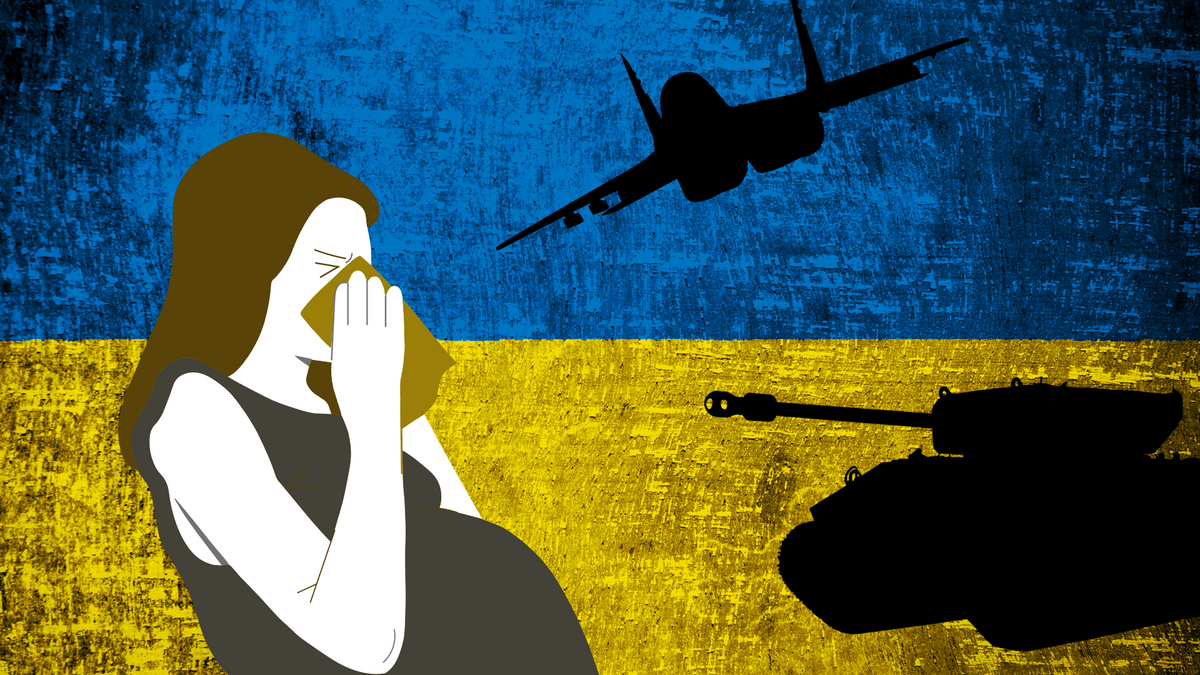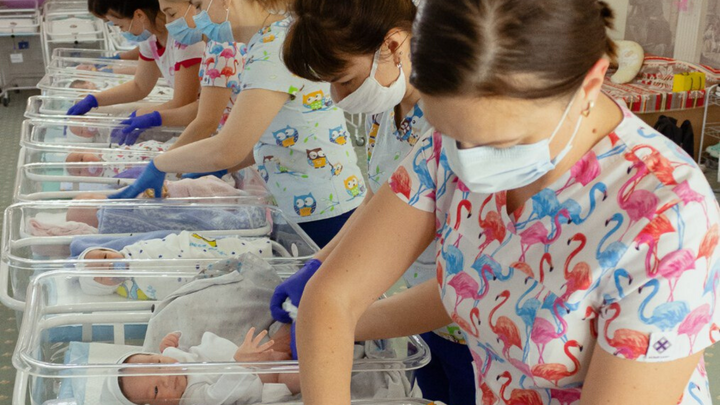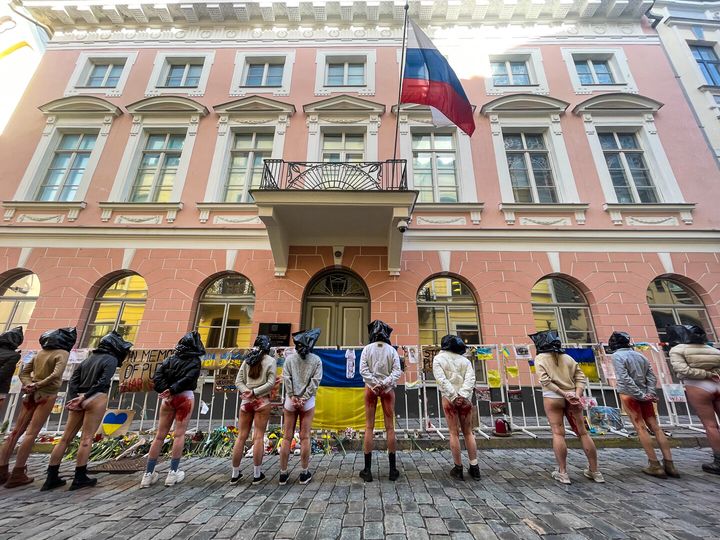Ukrainian Women in Womb Rental Industry Facing Unique Challenges after Russian Invasion
Some women were left behind when the babies they gestated were taken abroad, others have been asked to travel with a newborn to another country.

Ukrainian women who are gestating babies for foreign couples are facing difficult decisions after Russia invaded their country. While some of these women were left behind in a war-torn country when the babies they gestated were taken abroad, others have been asked to travel with a newborn to another country in order to deliver the children for the biological parents who provided the genetic material.
Ukraine is one of the European nations with the lowest GDP, and the womb rental industry turned the country into the biggest surrogacy center on the continent, sought by future parents in Ireland, the UK, Spain and even Australia. Following the start of the Russian military attack on February 24, 2022, people from wealthy countries who hired women to gestate babies for them, have been worried for the welfare of the children, with little or no thoughts of the women who gestated a child for them.
Days before the invasion, The Times UK reported that “surrogate mothers” were feeling pressured by the biological parents of the babies to flee the country.
According to Louise Calaghan, reporting from Kyiv, one of these women was asked by the parents to go to Georgia for the rest of her pregnancy. The woman sought the advice of a lawyer about whether she would be forced to do so because of Ukrainian strict contracts on surrogacy. It seems that, according to these contracts, all ties between mother and child must be cut. That means that a mother leaving the country with a baby conceived for surrogacy invalidates the contract, created under Ukrainian law, so parents who hired women to surrogate cannot aid these women to flee the country.
In the case of the woman mentioned by Ms Calaghan, she would have to leave all of her other children behind to go to Georgia if forced to abide by the parents’ demands.
An Irish couple was reported to have traveled to Ukraine to collect their baby, and was given emergency documentation to leave the country immediately afterwards. They said that their thoughts are with the many parents who are facing the same situation, but there were no mentions of the women who gestated these children.
Australian couples who used surrogacy agencies in Ukraine were also reported to be concerned about the babies, since Ukrainian surrogacy contracts require that the parents must be present in the country to issue the child a birth certificate - necessary for traveling - and to collect the baby in person.
Apart from the legal binds of the Ukrainian surrogacy contracts, there are many other threats that women resorting to womb rental are facing. Some of these women, many from humble backgrounds, are worried about how they are going to be paid. These are women whose lives are marked by poverty - as is the case of a woman married to a man who had considered selling a kidney before she agreed to gestate a baby for another couple for money. With the biological parents of these unable to collect them because they can’t travel to Ukraine, the fear is that these women won’t be paid, and for some women this amount of money is mostly impossible to earn in other ways.
Other pregnant women who are gestating babies for foreign couples are reported to have left Ukraine for neighboring countries, including Greece, where surrogacy is also common, but traveling may be considered “breaking the contract,” meaning no payment for them.
Women in the Ukrainian womb rental industry also face health risks because of the war. Pregnant women are being asked to go to maternity wards to give birth, where they are placed in the hospitals’ basements, as some of the buildings have already been bombarded and parts of them destroyed.
Several women, unable to reach a hospital setting, have been forced to give birth in improvised bomb shelters, especially in subway stations, where many families ran to when air raid sirens went off in Ukraine’s biggest cities.
A 23 year old woman gave birth to a girl in the Kyiv underground, helped by police officers, and was later taken to a hospital. But a Russian woman who currently lives in Ukraine, told 4W that at least one woman has died in childbirth in one of these improvised bomb shelters, because there was no one there to give her a c-section to save her.
The generous support of our readers allows 4W to pay our all-female staff and over 50 writers across the globe for original articles and reporting you can’t find anywhere else. Like our work? Become a monthly donor!
Enter your email below to sign in or become a 4W member and join the conversation.
(Already did this? Try refreshing the page!)





Comments